Is it Safe to Take PrEP (Pre-Exposure Prophylaxis) Every Day?
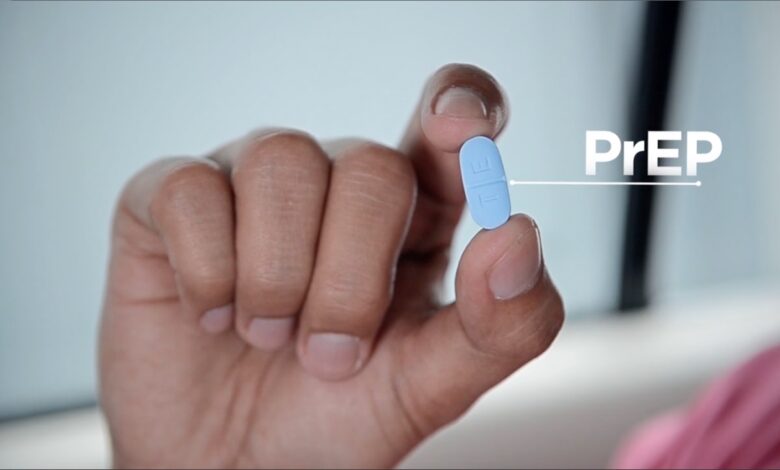
Wading through the sea of medical information can often feel overwhelming, especially when you’re contemplating a decision as crucial as daily medication. Pre-Exposure Prophylaxis, commonly abbreviated as PrEP, is no stranger to public scrutiny and discussions. The idea of taking a pill every day to prevent HIV might sound revolutionary, but is it safe? Let’s dive deep into the world of PrEP, exploring its efficacy, benefits, potential drawbacks, and expert opinions.
The Effectiveness of Daily PrEP in Preventing HIV Infection

Touted as a game-changer in the fight against HIV, daily PrEP has showcased impressive results. Clinical trials and extensive studies indicate that when taken consistently, it reduces the risk of HIV infection in individuals at high risk by up to 92%. Impressive, isn’t it? Yet, it’s worth noting that effectiveness drops when not taken consistently.
The beauty of PrEP drugs like Q Care Plus lies in their proactive nature. Instead of relying on post-exposure treatments or treatments after infection, this medication offers a preemptive shield. However, like all drugs, its protection isn’t bulletproof. Ensuring regular usage, understanding potential risks, and monitoring health parameters remain paramount to achieving the desired outcomes.
PrEP Benefits and Daily Dosing Advantages
Without a doubt, the most prominent benefit of PrEP is its ability to provide peace of mind. For those at a heightened risk of HIV infection, PrEP serves as a protective cloak, allowing them to lead lives with reduced anxiety about the looming threat of HIV. Emotionally, this can be immensely liberating.
Yet the advantages extend beyond mental relief. With daily dosing, a therapeutic drug level is maintained in the bloodstream. This consistent drug presence boosts its efficiency, ensuring optimal protection. While its primary purpose is HIV prevention, the ripple effects on mental well-being, relationships, and overall health cannot be underestimated.
Adherence Challenges and Side Effects Evaluation
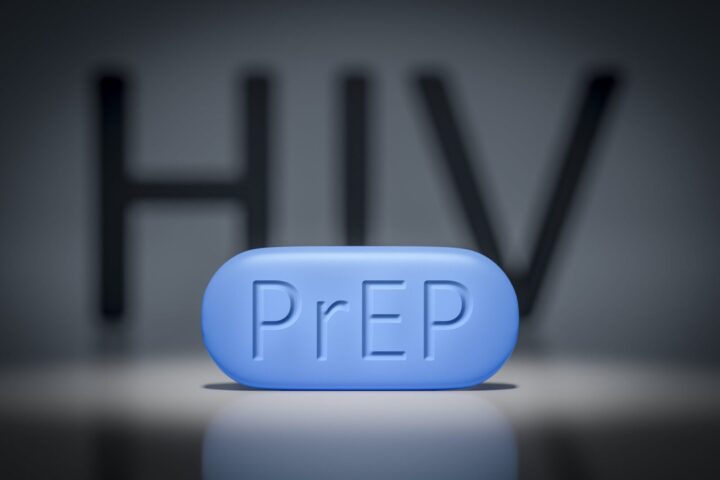
Every medication, no matter how promising, is not without its challenges. Adherence to daily PrEP can be a daunting task. Forgetting doses or becoming complacent due to a false sense of security can diminish its effectiveness. Adherence isn’t just about discipline; it’s about understanding the gravity of one’s choices.
On the flip side, potential side effects need acknowledgment. Some users have reported nausea during the first few weeks of use, though it usually subsides. Less commonly, there can be issues related to kidney health or bone density reduction. That said, the vast majority of users tolerate PrEP well, with severe side effects being rare exceptions rather than the rule.
Expert Recommendations and Guidelines for Daily PrEP Use
Expert voices echo in unison: PrEP is a potent tool but only when used appropriately. The consensus is that a comprehensive approach to HIV prevention is essential. This means combining PrEP with other preventive measures like using condoms. The rationale? Double protection against not just HIV but also other sexually transmitted infections.
Medical professionals recommend regular consultations when on PrEP. This isn’t just to renew a prescription but to monitor health metrics. Routine checks ensure that any potential side effects are caught early, thereby facilitating timely interventions and adjustments.
Non-Daily PrEP Options and Event-Driven Dosing Strategy
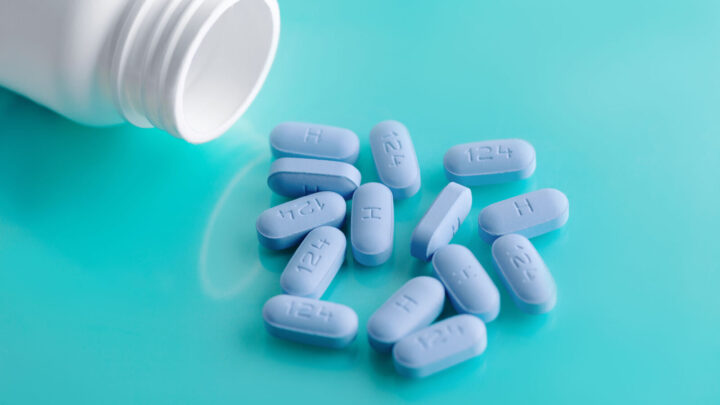
Every coin has two sides, and PrEP is no different. While daily dosing has its proponents, there’s burgeoning interest in non-daily PrEP regimens. Event-driven dosing, for example, involves taking the medication before and after potential exposure to HIV. It’s seen as a flexible alternative, especially appealing to those who might not engage in high-risk activities regularly.
However, the catch lies in the execution. For event-driven dosing to be effective, precision in timing is key. Missing the window or failing to follow up with subsequent doses can compromise its protective value. Hence, while flexibility might seem appealing, one must weigh the pros and cons diligently.
PrEP Monitoring Requirements and Regular Health Check-ups
The journey with PrEP isn’t a solitary one. Regular monitoring acts as the bedrock of safe and effective PrEP use. Medical professionals suggest that individuals on PrEP undergo routine checks every three months. These examinations typically involve HIV tests, kidney function assessments, and other health screenings.
Why the emphasis on frequent check-ups? The logic is twofold. First, timely testing ensures that an individual remains HIV-negative. Second, it allows for the early detection of any potential health concerns. After all, a proactive approach is always better than a reactive one.
Informed Decision-Making and Individualized Approaches
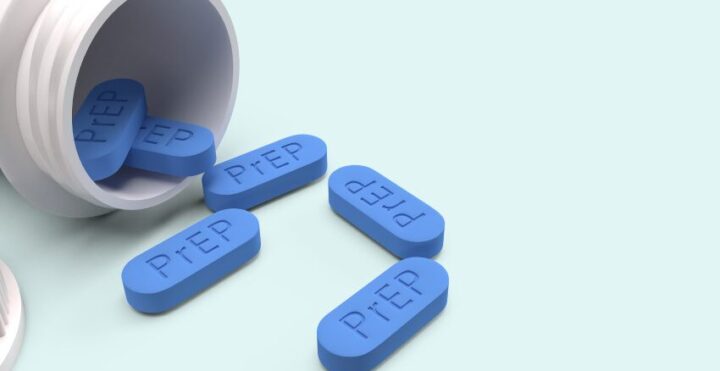
Taking control of one’s health necessitates informed decision-making. A one-size-fits-all approach seldom works in the realm of healthcare. Every individual’s body, lifestyle, and risk factors are unique. Recognizing this, PrEP use should be tailored to fit individual needs and circumstances.
To navigate these waters, it’s essential to consult healthcare professionals who can provide guidance tailored to individual scenarios. By understanding one’s unique risk profile and combining it with expert advice, individuals can chart out the most suitable path for themselves.
Beyond the Pill: Community Support and PrEP Advocacy
Incorporating PrEP into one’s life isn’t merely about swallowing a pill. The surrounding community plays a pivotal role. Seeking support from peers, joining PrEP advocacy groups, and sharing experiences can make the journey smoother. Communities not only offer emotional backing but can be reservoirs of shared knowledge and resources.
Additionally, understanding the broader landscape of PrEP advocacy can empower individuals. Being informed about policy changes, accessibility issues, and the latest research ensures that one remains at the forefront of informed decision-making.
The Financial Implications: Cost and Accessibility
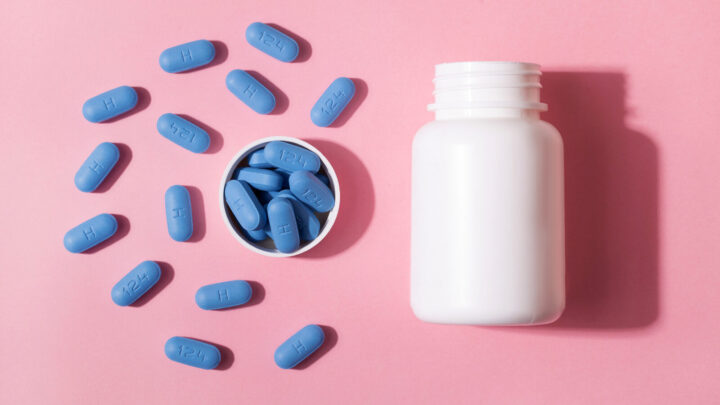
While the medical and emotional facets of PrEP are often discussed, the financial angle deserves attention too. PrEP, unfortunately, isn’t always affordable for everyone. Insurance might cover some costs, but out-of-pocket expenses can still be significant.
There’s hope, however. Many countries and organizations offer assistance programs to make PrEP more accessible. Furthermore, generic versions of the drug have begun to surface, offering a more affordable alternative. As the battle against HIV continues, it’s essential to ensure that financial barriers don’t impede access to this potentially life-saving medication.
Final Thoughts
The world of PrEP is expansive, filled with promise and challenges in equal measure. As with any medical decision, knowledge remains the most potent weapon. By understanding the intricacies, potential risks, and profound benefits of PrEP, individuals can carve out a path that best suits their unique circumstances. While no magic bullet exists in the fight against HIV, PrEP, when used judiciously, can be a formidable ally.
